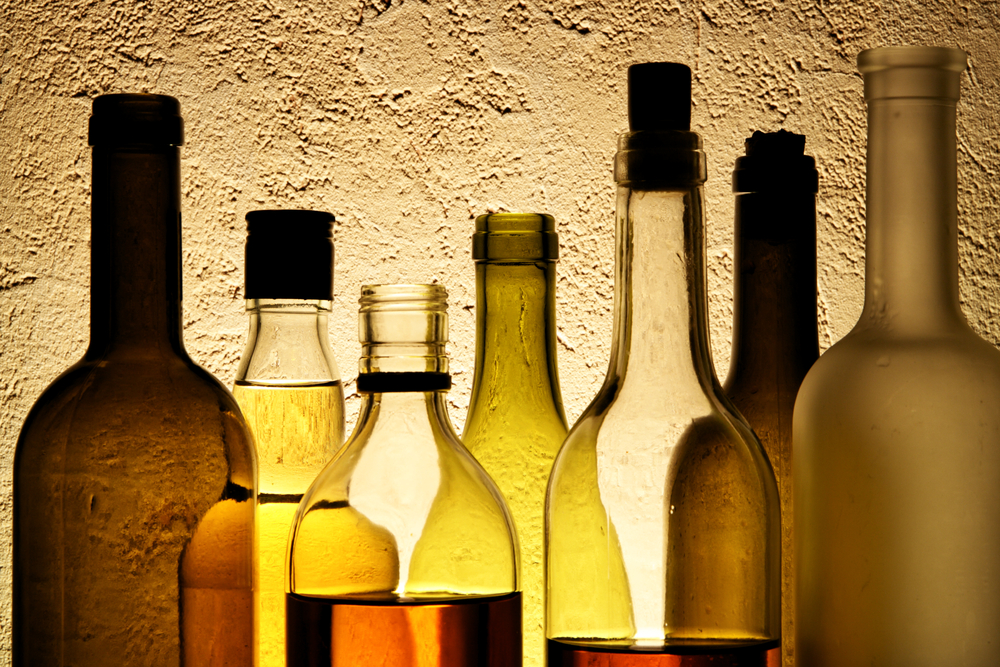Why Do Drunks Get Belligerent?

Pubs are the backdrops for many a fight, whether in the movies or in real life. But rather than the aesthetics of the bar, the guzzling of alcohol is the culprit.
Turns out, a brain on alcohol is a noggin' that's conducive to a fight. The good news is you can distract a belligerent drunk from fighting, putting an end to the cliché bar-room brawls.
One idea is that drinking alcohol impairs a region in the brain involved with attention and working memory. When drunk, a person would only be able to focus on a fraction of their surroundings. The theory follows that drunks have a narrow social vision and concentrate on provocative cues while ignoring things that are not "in their face."
Related: Why people get mean when they're drunk, according to science
Peter Giancola, a psychologist at the University of Kentucky, along with his student Michelle Corman, tested this theory. Their results, published in the July issue of the journal Psychological Science, revealed that alcohol can both increase and decrease aggression. In the study, both drunk and sober men, age 21 to 33 years old, competed in a computer game in which they had to complete a command (like "press the space bar") quicker than an opponent. Winners could zap their opponents with shocks of varying intensity.
Some of the drinkers also were given a taxing memory task during the game. The distracted drinkers showed less aggression toward their opponents, zapping them with weaker shocks, than the "empty-headed" drinkers as well as the sober non-drinkers.
Drunks can be nicer than "level-headed" peers? Yep. The scientists suggest sober men had enough cognitive space to deal with both the provocative zaps and memory distractions, resulting in a low level of belligerence. Activating working memory reduces the "cognitive space" available for aggressive thoughts and resulting actions. Since drinkers have a diminished mental capacity, the memory task "used up" space that otherwise could have been allocated to a brawl.
Sign up for the Live Science daily newsletter now
Get the world’s most fascinating discoveries delivered straight to your inbox.
Follow Life's Little Mysteries on Twitter @llmysteries. We're also on Facebook & Google+.
Jeanna Bryner is managing editor of Scientific American. Previously she was editor in chief of Live Science and, prior to that, an editor at Scholastic's Science World magazine. Bryner has an English degree from Salisbury University, a master's degree in biogeochemistry and environmental sciences from the University of Maryland and a graduate science journalism degree from New York University. She has worked as a biologist in Florida, where she monitored wetlands and did field surveys for endangered species, including the gorgeous Florida Scrub Jay. She also received an ocean sciences journalism fellowship from the Woods Hole Oceanographic Institution. She is a firm believer that science is for everyone and that just about everything can be viewed through the lens of science.










